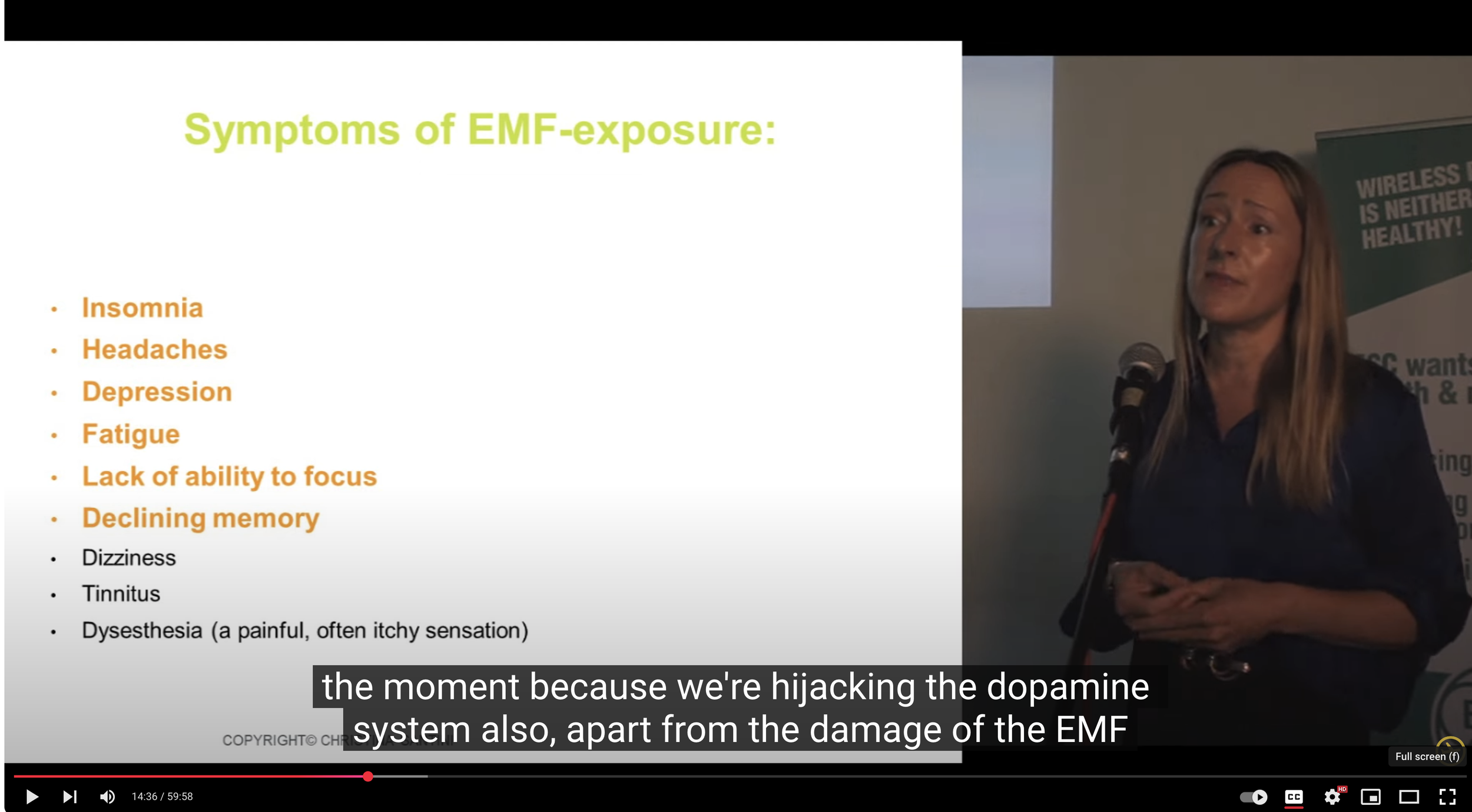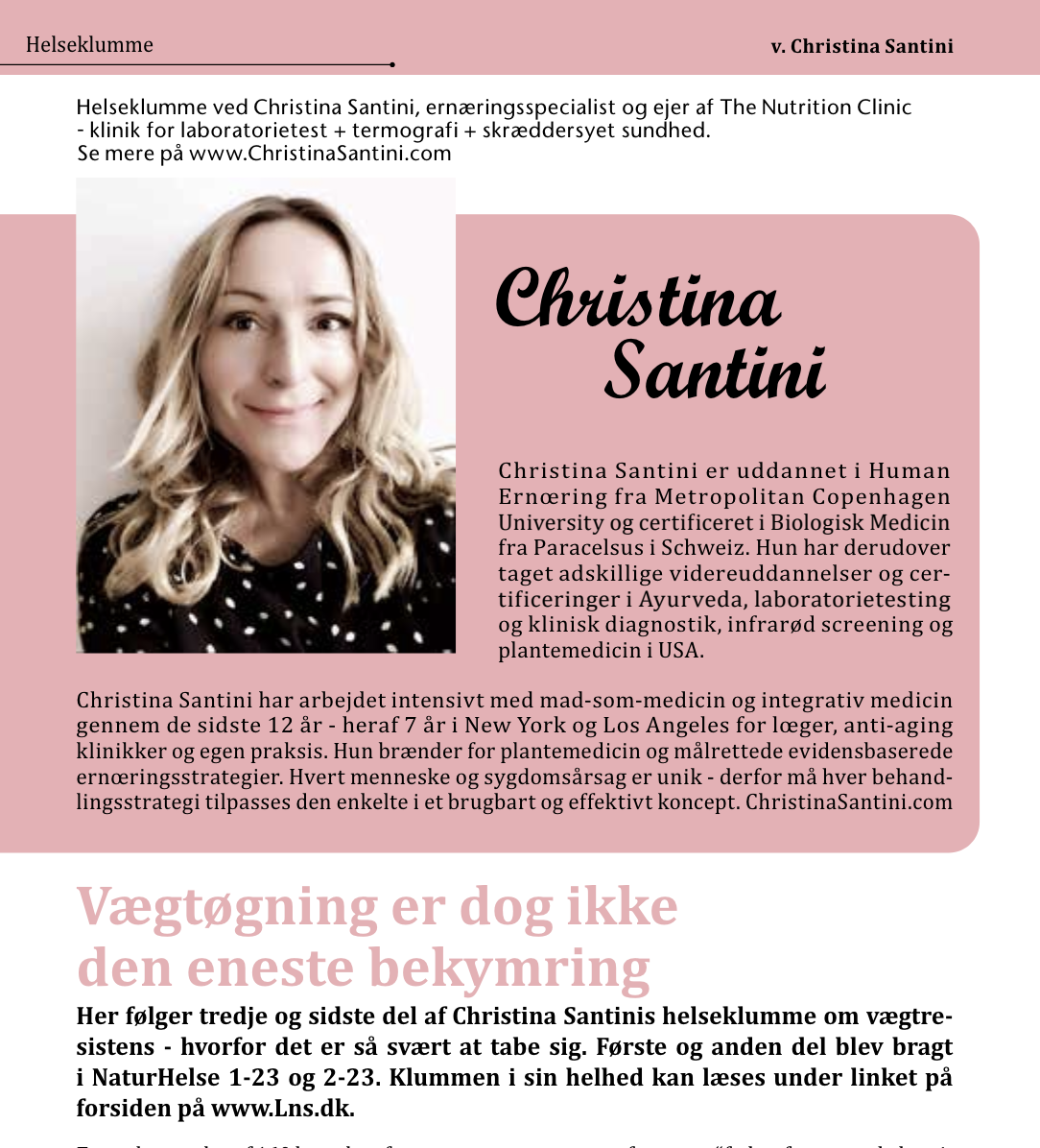
health briefs
This is smart health for real life. Short reads, clear science, practical moves. I show you where better energy, focus, and resilience come from. Follow along for data-driven insights, clinical strategies, and behind-the-scenes perspective on strategic health for individuals and companies.
Why Functional Lab Testing Fails for Most People
Functional lab testing is everywhere now, but very few people understand what the data actually tells you. Traditional labs wait for disease. Functional labs show the drift – how mitochondria, toxins, hormones and immune signaling start slipping long before symptoms break through.
The test itself isn’t the solution. The interpretation is.
This is where most cases derail. Many practitioners treat every abnormal marker they see. That’s not root-cause work. It’s just a more expensive way to chase symptoms.
The first sign of burnout isn’t fatigue. It’s accelerated aging in people who still outperform.
I’ve worked with executives in New York, LA and across Europe long enough to see the same pattern repeat: the highest-functioning people aren’t unbreakable. They’re just calibrated. They detect drift early - in mood, sleep, inflammation, cognitive sharpness - and course-correct before the cost shows up on the balance sheet.
Last week a 32-year-old founder told me his joint pain was “probably age”. It wasn’t. When someone in their early 30s is aging biologically like someone in their 50s, it’s never age. It’s accumulated load: stress, toxins, micronutrient deficits, circadian disruption. The silent wear that still passes as “normal” in most health checks.
What erodes people isn’t crisis. It’s the decade before crisis.
If HR wants to prevent burnout, absenteeism and churn, the window is not post-symptom. It’s pre-symptom. The phase where everything still looks fine on paper, but biology is already moving in the wrong direction.
If you want the biomarkers that predict burnout 6-18 months before it hits, reply with BURNOUT and I’ll email you the Stress Test guide.
Most “detox” advice backfires.
People end up starving the liver of what it actually needs to detox.
You don’t detox by restriction. You detox by supporting biochemistry. Let's say you're following a low-carb diet trend at the moment, here's what really happens: when carbohydrates stay too low, the liver switches to gluconeogenesis. It begins converting amino acids like glycine and glutamine into glucose - the same amino acids required for Phase II detoxification: glutathione conjugation, sulfation and glucuronidation.
ARTICLE FEATURE: VOYAGE LA NOV 2025
“Most people silently fear being replaceable – and in serving that fear, they create the outcome they dread.”
Burnout isn’t emotional. It’s biochemical. Before your life falls apart, your labs already show the pattern – cortisol chaos, glucose instability, inflammatory drift, and the physiology of living out of alignment. Performance is killing trust. In work, relationships, and even health, people are performing instead of connecting – and it’s making them replaceable. In my new interview, I talk about why authenticity is cognitively magnetic, why your brain relaxes around congruence, and what actually makes someone irreplaceable.
I also break down my method – where medicine, performance, and strategy meet – and why health becomes leverage, not damage control. And yes: why longevity hype without clinical training is malpractice.
If you want the unfiltered version, read the full conversation here.
We Need Doctors to Be Medical Experts—Not Hobbyist Nutritionists
There is a growing and deeply concerning trend: medical doctors stepping outside the field they were rigorously trained in—medicine—and entering domains like nutrition, often based on personal interest, frustration with the healthcare system, or anecdotal experiences.
Let’s be clear: nutrition is a scientific field in its own right.
And most MDs have received minimal or no formal training in it during medical school.
When MDs use their medical title to disseminate opinions or personal beliefs in nutrition, they unintentionally mislead the public—because their words carry weight, but not always accuracy.
This isn’t a call for rigidity. It’s a call for excellence.
We need medical doctors to raise the bar within their own field.
HbA1c isn’t just about diabetes
It’s one of the strongest predictors of how fast you’re aging. It reflects your 3‑month blood sugar average — and when it starts creeping up, you’re already losing years of focus, energy, and resilience.
The problem? Most doctors don’t flag it until it’s diabetic. By then, the damage is done.
High performers who ignore HbA1c are often aging 30% faster than they should - and they don’t even know it.
Why Detox Isn’t a Trend – It’s a Modern Necessity
In today’s world, detoxification isn’t about sipping celery juice or starving on lemon water for three days. It’s about helping your body actually process and eliminate the massive load of environmental toxins we’re exposed to daily.
From polluted air and pesticide-laced produce to heavy metals in seafood and endocrine disruptors in skincare – toxins are no longer the exception. They’re the baseline.
Ozonated Glycerin: The Under-the-Radar Skin Ingredient That Actually Works
Let’s be honest: most “anti-aging” skincare is just expensive marketing. But every so often, something niche but powerful slips under the radar. One of those? Ozonated glycerin.
It might sound like something out of a lab experiment—but it’s actually a well-researched compound that supports skin health from the root up. And no, it’s not just hype.
What is ozonated glycerin?
Carbs Aren’t the Enemy: Why Your Body (and Liver) Actually Needs Them
Somewhere along the way, carbs got labeled the bad guy. Blame it on the rise of keto, Atkins, or that one friend who swears off bread and calls it "toxins." But here’s the real deal: your body needs carbs. Not just for energy — for focus, for hormone balance, for recovery, and yep, for detoxing too.
In fact, your liver literally depends on carbs to help clear out waste and excess hormones through something called glucuronidation (don’t worry — we’ll get into it).
Why Combining Keto, Alcohol, and Carb Avoidance Is a Metabolic Disaster
The liver is your body’s central detox organ – but its ability to process toxins depends on the availability of specific nutrients, including carbohydrates. Despite this, keto diets and low-carb alcohol trends have become increasingly popular. The long-term consequence? A perfect storm for liver overload and mitochondrial dysfunction.
Bacterial Strains Associated with Weight Regulation
It is not straightforward to categorize bacteria as simply "good" or "bad." The key factor is the balance of bacteria within the gut microbiome. While some types of bacteria are beneficial in small quantities, an overrepresentation can lead to health issues - including weight gain.
Are Seed Oils Really That Bad? Let’s Talk Facts — Not Fear
Let’s be honest: if you hang out on health TikTok or deep-dive into wellness podcasts, you’ve probably heard people calling seed oils "toxic," "inflammatory," or even “the root of all chronic disease.”
Seed oils — like canola, sunflower, soybean, and corn oil — have been demonized hard in recent years. But here's the truth: seed oils are not inherently bad, and some of the claims against them are, well… a little overcooked.
Let’s unpack what’s actually true, what’s overhyped, and why omega-6 fats (the main component of seed oils) are literally essential for your body.
NEW PODCAST EPISODE: HOW TO NAVIGATE (MIS)INFORMATION OVERLOAD In HEALTH TODAY
I’m on Danish podcast show “Rikke Paa Vrangen”. We’re talking about how to navigate the overload of (mis)information in nutrition and health – a world where everyone seems to be an “expert” these days, but only few actually have a nutrition-related educational background - unfortunately adding to a wealth of misinformation.
How do you know what’s real, what’s marketing, and what’s just plain dangerous?
We go over tools to think critically, act strategically, and navigate the chaos of information.
Why health communication is broken – and how we fix it
We’re living in a time where more people than ever speak publicly about health – yet the conversation has never been more confusing. Why?
Here’s what I see:
1) People without formal training speak with absolute certainty
2) Audiences rarely ask where the information comes from
3) Extreme messages get the most traction – because they appeal to our black-and-white thinking
But the human body isn’t binary. Health isn’t ideological.
Sugar Is Not Toxic: A Scientific Perspective
Sugar is not a toxin. You cannot “detox” from sugar. Sugar often gets a bad rap in today’s health-conscious world, with many headlines labeling it as “toxic.” But when we take a closer look at the science, the reality is more nuanced. Sugar, in and of itself, is not toxic — it is a natural component of many foods and plays important roles in human biology.
Wondering whether Ozempic is right for you?
Drugs like Ozempic are increasingly used for weight loss purposes. While calories in vs. calories out do matter and most of us are simply too sedentary, the cause of obesity is complex. Obesity is one of the biggest challenges we face today for various reasons - only some of which we are in control of. Some of us suffer from emotional overeating/ binge eating disorder that requires a completely different treatment approach than conventional dieting advice offers. Some of us have loads of environmental toxins in our body i.e. microplastics messing with our hormones. Some of us are not sleeping properly - poor sleep is directly linked to insulin resistance and weight gain. We really need to get better at understanding our own body and which things we can control. We also need to get better as practitioners in the health care system at working cross disciplinary together and understand the interplay of various factors to better help the client. Calorie counting is simply not cutting it anymore.
WATCH MY TALK: Functional medicine strategies to protect ourselves from EMFs
This summer I was in Germany to give a lecture on how best to protect yourself - from a functional medical point of view - against the harmful effects of EMF radiation from our smartphones, wifi, baby monitors etc.
At present, it is common knowledge that men's sperm quality i.a. is significantly affected because we carry our mobile phones. close to the body.
More and more research is coming out about far more disturbing consequences of radiation damage - and no matter how inconvenient we may think it is to deal with, it affects our own and our children's health regardless of us closing our eyes to inconvenient facts.
Watch my talk on the health issues surrounding #EMF exposure and how to protect ourselves via functional medicine strategies.
ARTICLE FEATURE: Why we struggle with weightloss resistance part 3 (DANISH ONLY)
This is part 3 out of 3 of a series I’ve written for Danish health magazine LNS about why we struggle with weightloss resistance.
Read the full article here (p 18-22): click here and feel free to share.
Supplement focus: how PQQ might help better your sleep!
PQQ is an antioxidant and based on recent research, it shows to be more powerful at fighting free radicals than vitamin C - this directly impacts and lowers inflammation and stress in our body.
A small, 8-week study in 17 people found that taking 20 mg of PQQ daily resulted in significant self-reported improvements in sleep quality and fatigue. This is thought to be mainly due to its effect on normalizing cortisol levels.




















